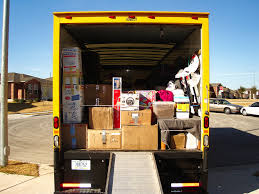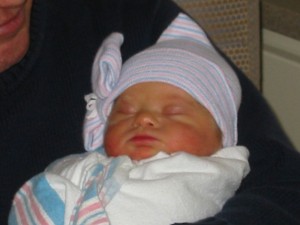Brokenness and limitations are not the same thing.
Brokenness, whether physical, emotional, or spiritual, is not good. It comes as a result of sin in our world. As Jesus demonstrated throughout his ministry, God wants to heal broken bodies, broken minds, broken souls, and broken communities. God wants to heal our broken world.
But limitations existed before sin entered the picture, and limitations will remain. Limitations are a part of what make us human. They keep us both dependent upon God and connected to one another. Limitations provoke trust, community, and humility. God gives us limitations. Limitations are good.
Christians need to work to understand the difference between brokenness and limitations. To the degree that we do, we will on the one hand be able to understand people with disabilities in their common humanity—as ones with both not-good brokenness and good limitations, just like everyone else. And on the other hand, we will be able to name as sin the attempt to overcome all limitations.
This might be one of the reasons I recoil when people make comparisons between having a child with Down syndrome and having a child in a debilitating car accident. A car crash simply increases the brokenness within a person’s body (which is not to say that God cannot work good out of such brokenness, simply that the brokenness should be acknowledged as such). Down syndrome involves brokenness, but it also involves limitations. Down syndrome is a complicated mix of beauty (often manifest in limitations, but also in particular abilities) and brokenness.
In our culture at large, we generally try to ignore our brokenness and deny our limitations (the sky’s the limit! and so forth). In the church, we often assume that limitations are the same as brokenness when they are actually quite different. Brokenness–which can result, of course, in limitations–is what God longs and intends to heal. Certainly disability can involve brokenness, although often the brokenness is more external than it is intrinsic to the disability. Notice that Jesus rarely simply heals a disability, but almost always insists that the disabled person be restored to community. Sure, it’s great that the blind man can see. But it’s even more important that he be restored to community.
Disability aside, for all of us, limitations are a part of what make us creatures, not God, and they are a part of what allow us to be in relationship with one another and with God. They will continue in some form even in heaven, and they will be received as gifts because they will enable us to–with humility and confidence–give and receive to one another and to receive what we need from the Lord.
To read more on this topic, you might check out Sharon Hodde Miller’s reflections on my talk from the Festival of Faith and Writing: On the Path to Perfection, as well as the comments there. Or an essay I wrote about suffering and disability for First Things a few years back, The Good Life.











